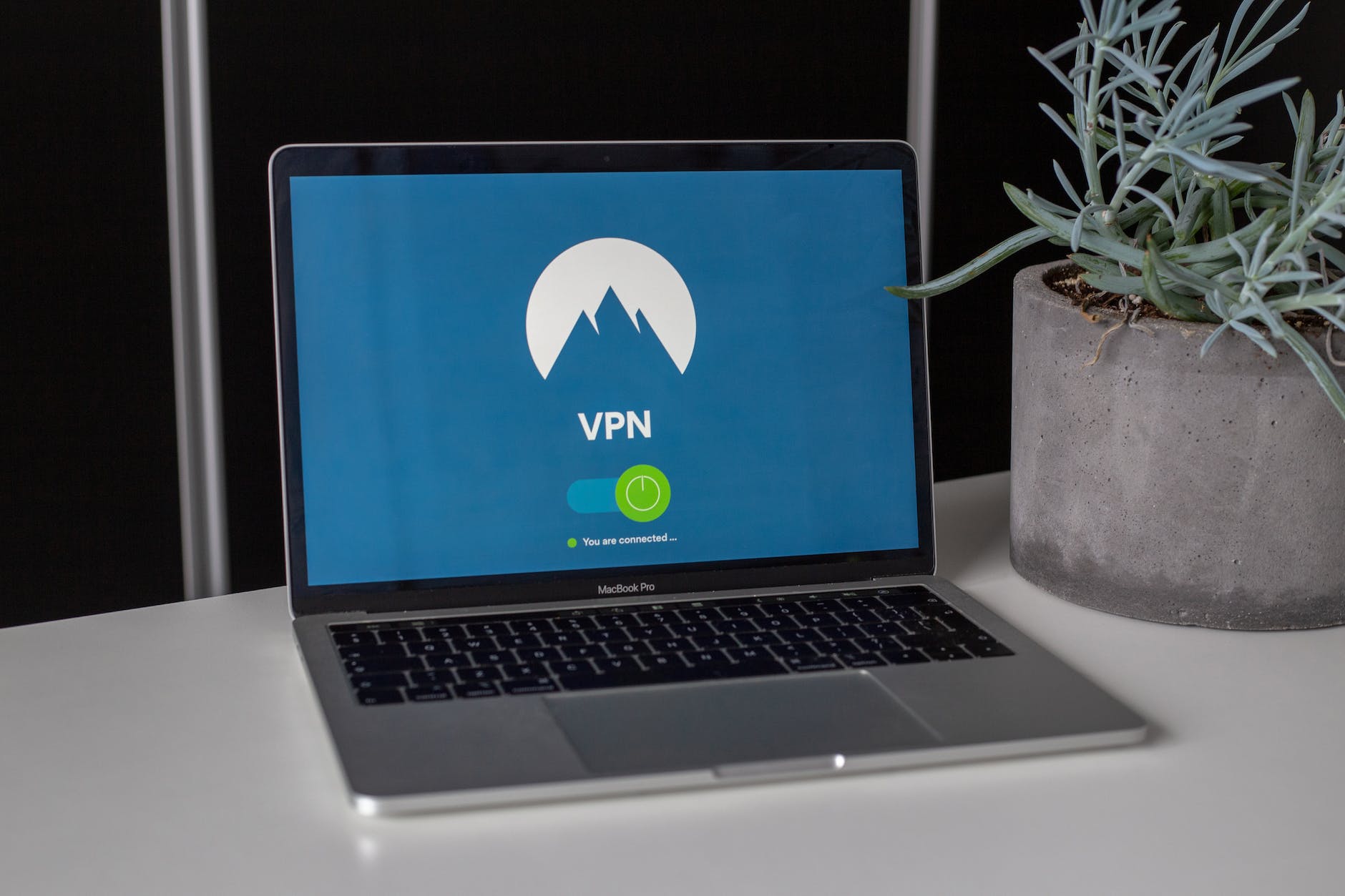A VPN allows you to remain anonymous while using services like Google and PayPal. It’s a fantastic method of keeping your data secure on public Wi-Fi and avoiding prying eyes, and according to EarthWeb, the best VPNs, like NordVPN, can provide you with impeccable service even if you are in China.

However, the vast number of VPN services available can make narrowing down your options feel overwhelming. Choosing a VPN doesn’t have to be difficult. The selection of a virtual private network involves several criteria. It’s not always easy to locate the best option, so if you’re looking for advice on selecting a VPN for your business, you’ve come to the right place. Read on for the finest guidance!
1. Consider your needs.
Identifying your requirements is the first step in settling on the best VPN for your web design firm. For what do you need a virtual private network? You won’t need a powerful VPN if you only want to use it for normal online browsing. You’ll need a more robust VPN, though, if you want to watch videos online or download huge files.
But running a web design firm with a number of employees, handling confidential documents, and downloading huge files, you’ll certainly need a more robust VPN.
Here are two VPN types to consider made explicitly for big companies:
- Static IP VPN – a type of VPN in which the server always uses the same IP address. This is useful for companies that require consistent access to specific resources or services, such as a company website or a database server.
- Dynamic IP VPN – a type of VPN in which the server uses a range of different IP addresses. This is useful for companies that require more flexibility in their VPN connection, as the range of IP addresses can be used to avoid blacklisting or other security issues.
With the features of Static IP VPN, as explained above, employees can connect to these resources from anywhere in the world as long as they have access to the VPN. Since your company handles sensitive data or confidential information, you’ll need a VPN that offers strong encryption and security protocols.
A Static IP VPN may be more secure since it always uses the same IP address, making it less susceptible to attacks than Dynamic IP VPNs.
A Dynamic IP VPN can be easier to set up and maintain since it doesn’t require a dedicated IP address. If your company has a smaller IT team or limited resources, a Dynamic IP VPN may be a more practical option.
Both Static IP VPNs and Dynamic IP VPNs offer different advantages, depending on the needs of the company. It’s essential to consider the security requirements, network complexity, and ease of use when choosing the right type of VPN for your business.
Maybe you also want to work from home, but you’re worried that your ISP can see everything you look at. If you own a business and care about the safety of your employees when they are away from the office, a virtual private network (VPN) may be the way to go.
In addition, you might be looking for a VPN because you want to use your various smart devices, such as smartphones, tablets, and computers, freely and securely without sacrificing any of your personal information. Lastly, you might think about using a virtual private network (VPN) to get around geo-restrictions on content.
2. Choose a reputable provider.
After deciding what features are most important to you in a VPN, you can begin researching different providers. There are many VPN services to pick from, so be sure to go with one with a solid reputation. If you aren’t happy with the service, you should ensure the provider will refund your money. You’ll end up with good providers if you conduct proper research!
3. Compare prices.
You may begin comparing costs once you’ve cut your list of potential vendors down to a manageable number. It’s crucial to select a VPN that meets your budget. It’s important to remember that less costly VPNs may not have fewer options than more expensive ones.
When looking for a VPN, you must consider how much you’ll have to spend. The monthly fee for a virtual private network (VPN) service is usually between $5 and $12. You can save $30–$50 annually by prepaying for a few years.
It’s also possible to find a VPN that provides a “lifetime deal,” wherein you pay once and have unlimited access forever for a much lower price. Although this may seem like a good plan at first glance, you should avoid it because the VPN has no reason to keep giving you good service after you’ve paid.
4. Read reviews.
Reading customer reviews is very crucial when deciding on a VPN provider. Knowing what others think of the service and whether or not they would suggest it might help you make an informed decision. You may read reviews by searching for “VPN reviews” on Google or visiting review sites like Trustpilot and SiteJabber.
5. Test it out!
The easiest way to determine whether a certain VPN service is suitable for your needs is to try it. Utilize the provider’s free trial or money-back guarantee to see if the VPN meets your needs. If your demands are met, and you’re satisfied with the service, you can upgrade to a more permanent plan.
Compare the prices of the remaining providers and have a look at some evaluations, both from tech journals and individual consumers. Consider the user experience and convenience features to determine which product best fits your needs. Make your final choice based on purely functional considerations and overall value.
Your decision is ultimately up to you. If you take the time to learn about your options, weigh the pros and cons, and keep the advice we’ve given here in mind, you’ll be able to pick the best one.


